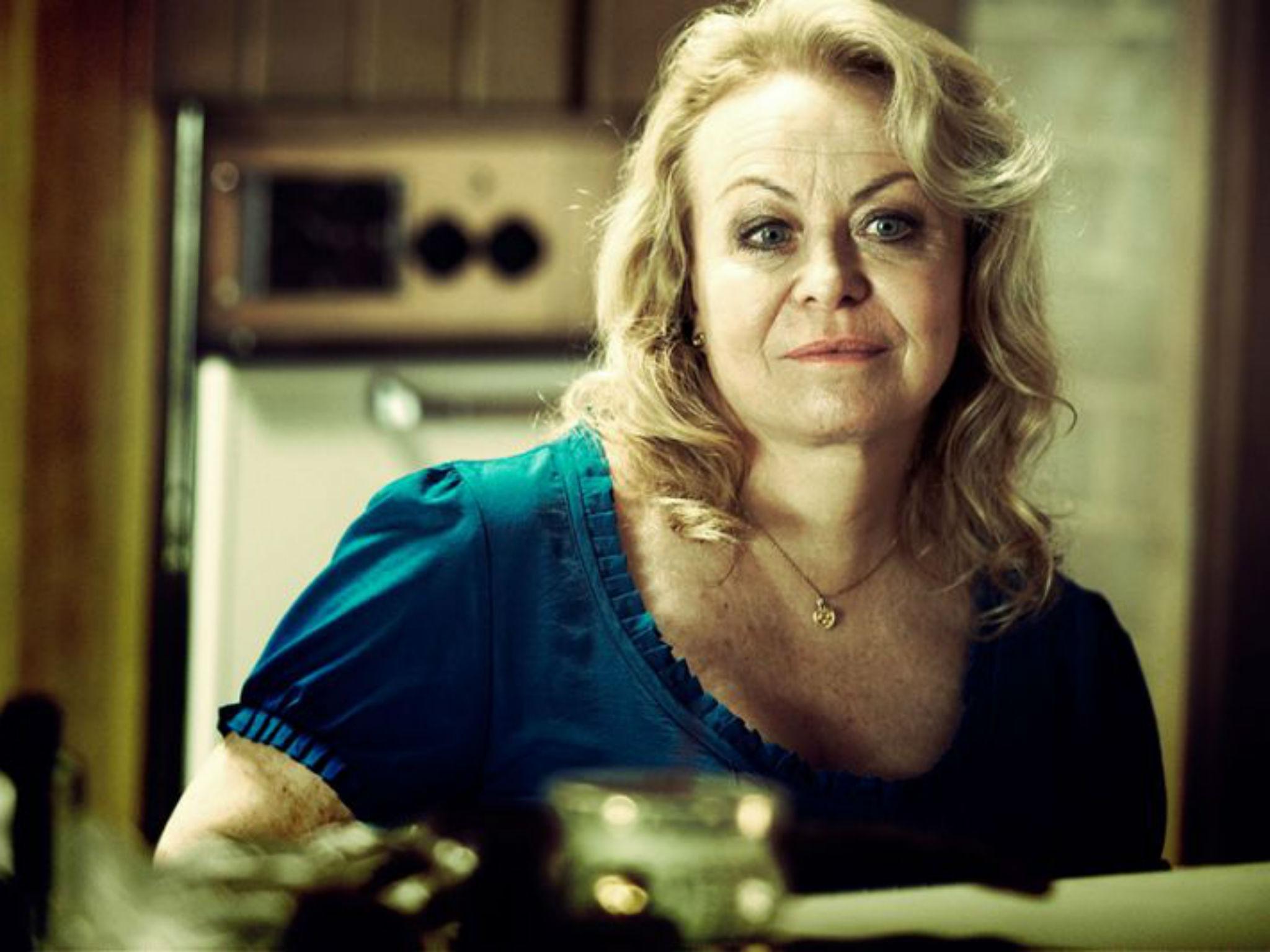Movies You Might Have Missed: David Michod’s Animal Kingdom
This directorial debut is a fine example of the gangster genre in which Jacki Weaver earned an Academy Award nomination for Best Supporting Actress as the matriarch of a dysfunctional crime family

Your support helps us to tell the story
From reproductive rights to climate change to Big Tech, The Independent is on the ground when the story is developing. Whether it's investigating the financials of Elon Musk's pro-Trump PAC or producing our latest documentary, 'The A Word', which shines a light on the American women fighting for reproductive rights, we know how important it is to parse out the facts from the messaging.
At such a critical moment in US history, we need reporters on the ground. Your donation allows us to keep sending journalists to speak to both sides of the story.
The Independent is trusted by Americans across the entire political spectrum. And unlike many other quality news outlets, we choose not to lock Americans out of our reporting and analysis with paywalls. We believe quality journalism should be available to everyone, paid for by those who can afford it.
Your support makes all the difference.David Michod’s latest offering, War Machine, was released on Netflix last week and stars the likes of Brad Pitt and Ben Kingsley. If there’s any justice, the film’s release might just lead people to seek out Animal Kingdom (2010), Michod’s directorial debut and one of the finest examples of the gangster genre in living memory.
Animal Kingdom was adapted for television last year and its stars, Joel Edgerton, Ben Mendelsohn and Jacki Weaver, have all flourished in Hollywood since appearing in the low-budget Australian crime drama. It’s not hard to see why since this is a masterly debut, one that deserves a place in the pantheon alongside The Night of the Hunter, Reservoir Dogs and Blood Simple.
The film opens in style, with bored teenager J (James Frecheville) sat on the couch watching television, seemingly unconcerned by the fact that his mother has overdosed on heroin. The scene is a masterpiece of showing rather than telling and we instantly know everything there is to know about the boy and his relationship with his next of kin. He is sent to live with his estranged grandmother (Weaver) and cousins, a Melbourne crime family whose home is under surveillance by the police. Slowly but surely, J is dragged into the family business by his grandmother, a matriarch with more than a hint of Lady Macbeth.
Weaver is sensational here and rightly earned an Academy Award nomination for Best Supporting Actress in a role that calls to mind Nancy Marchand in The Sopranos and Margo Martindale in Justified. Her character, nicknamed “Smurf”, appears for all the world to be the image of a perfect grandmother, and yet there is an undercurrent of darkness throughout. Her insistence on kissing her children, lingeringly, on the mouth while out in public makes for uncomfortable viewing and it should come as no surprise to learn that the role was written with Weaver in mind. The same is true of Mendelsohn as Pope, the black sheep of the family that can almost be seen as a prototype for the actor’s role in Bloodline.
There is something almost Pinteresque about this dysfunctional family and the threat of violence that seems to pervade every interaction. The criminals attempt to mentor their young relative but Guy Pearce’s local detective hopes to take the boy under his wing. The result is an epic battle of wills in which J must come to a decision on his future that keeps us guessing until the final moments. A smart script, confident pacing and acting of the highest calibre ensure this is one of Australian cinema’s greatest achievements.
Join our commenting forum
Join thought-provoking conversations, follow other Independent readers and see their replies
Comments